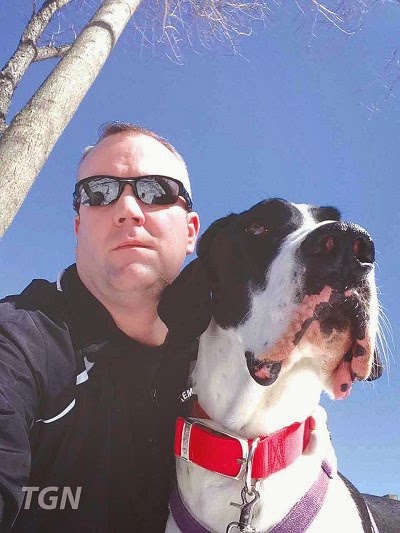Local vets, advocates wary of bill
Rep proposes plan to regionalize veterans service officer centers
Joseph Benavidez
News Staff Writer
REGION - Massachusetts may see radical changes to how veterans receive locally funded care with the introduction of a new bill that aims to create regionalized veterans service officer centers.
“What’s clear is that the level of service a veteran gets is dependent on where they live,” said state Rep. Tricia Farley-Bouvier, D-Pittsfield, who submitted the bill. “Some veterans service officers have more training than others, some towns only offer part-time officers.”
Rep. Farley-Bouvier said the inspiration for the bill came from her experience working with veterans and veterans service officers in her hometown. She noticed that poorer communities often have more veterans in need of assistance but struggle to provide it.
“The top priority of the bill is to be effective — and that means serving veterans,” Rep. Farley-Bouvier said. “But the bill could also bring efficiency by using local aid and state money smarter.”
Rep. Farley-Bouvier said the bill is in its early stages and will change as more and more state residents offer their input.
One area that has already attracted worry is the number of district offices the bill suggests. An early version of the bill stated that 25 district veterans service officer centers would be placed throughout the state.
Westminster Veterans’ Service Officer Thomas Maeder said this wording was problematic because it seemed to suggest that it would create a finite number of veterans service officers, which would mean veterans would have to travel outside their hometown for assistance.
“It’s a real problem for veterans to travel,” said Mr. Maeder, who regularly assists 13 veterans. “The more locally provided service, the more beneficial it is to the veteran.”
Rep. Farley-Bouvier said the bill’s language needs to be changed to more accurately reflect her idea: the centers would not require veterans to travel; instead, the centers would serve as hubs for local veterans service officers to interact with each other.
“There would be multiple veteran service officers working in the same region using the same district office — not limiting the state to 25 people,” she said. “It’s still really, really early and we need to dig into the specifics, but being a part of a district does not mean the veteran has to travel out of town.”
Templeton Veterans’ Service Officer John Caplis said the number of centers matters less than the ability of a veterans service officer to work and live in a community.
“Even with 25 centers, the city and towns still will lose,” Mr. Caplis said. “You have to interact with the community to be active in outreach. (Veterans service officers) on the streets are there for the veterans. We make sure they get what they need and are supported for whatever crisis they might face. Being in town means I can go to a veteran’s house, sit at their kitchen table and talk with them.”
Mr. Caplis also voiced doubts about the idea of regional treatment. He said Templeton used to be part of an inter-municipality agreement in which a single veterans service officer would cover five surrounding communities. However, the officer was rarely in Templeton and the service was inadequate compared to the needs of the community’s veterans.
“It was very difficult for people to get to him,” Mr. Caplis said. “Some of these veterans are geriatric and can’t travel — some are missing limbs and are dependent on others for rides.”
After Templeton left the regionalized arrangement, the number of veterans seeking help increased, and Mr. Caplis said he’s concerned that a district office would make some veterans think twice before approaching him.
State Rep. Jonathan Zlotnik, D-Gardner, said he was worried about being able to maintain service quality for veterans and the potential geographic disparity the bill could create.
“I want to see more concrete data as to potential cost savings and how this plan would impact the services being delivered before I could support it,” said Rep. Zlotnik in an email. “I also want to see how exactly the 25 districts would be distributed across the state. It’s worth looking into since many smaller cities and towns have trouble paying for veteran service officers, and spreading the cost across a region could result in savings and make the program more sustainable and cost effective.”
Mr. Caplis said he wants a more thorough breakdown of how the program would be funded. Currently, each city and town fund their own veterans care and receive a 75 percent reimbursement from the state the next fiscal year.
Rep. Farley-Bouvier said funding concerns are being discussed, but one possibility would be to have the state cover the total cost of qualified veterans.
Mr. Maeder said the real problem with the proposal is that it does not address what’s at the heart of veteran services. He said veterans need more opportunities to receive assistance and that establishing state-run district offices would only “pass the problem up to the next level of government.”
Mr. Maeder called the idea “bad legislation” and voiced hope that legislators will ask themselves “is it really going to help the veterans and realize the answer is no.”
A representative for Department of Veterans’ Services Secretary Francisco Urena said the department has no official comment at this time.


No comments:
Post a Comment